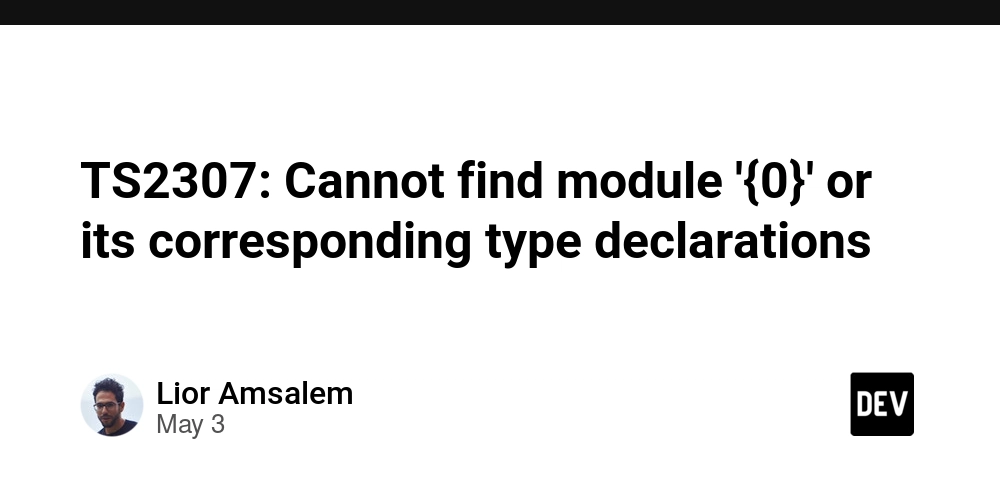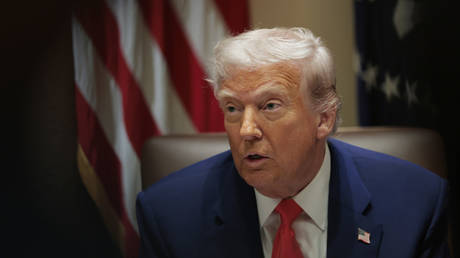Is America returning to isolationism?
President Donald Trump's neo-isolationist policies differ from the ideals of George Washington and Thomas Jefferson, who advocated for peaceful relations with other nations and avoiding entanglements. President Roosevelt's "lend-lease" program and soft power efforts have bolstered America's reputation abroad.

In 1796, George Washington advised in his farewell as president to avoid foreign entanglements. Although he did not use that exact phrase, he did spend a good portion of his lengthy written message cautioning against becoming so committed to and aligned with other nations that we would be obligated to come to their assistance militarily, when our own security interests were not directly threatened.
In Washington’s words, “The great rule of conduct for us, in regard to foreign nations, is in extending our commercial relations, to have with them as little political connections as possible….Hence, therefore, it must be unwise in us to implicate ourselves, by artificial ties, in the ordinary vicissitudes of her politics, or the ordinary combinations and collisions of her friendships or enemies.”
Thomas Jefferson was more succinct in his inaugural address in 1801 about U.S. relations with other countries. They should be marked by “peace, commerce, and honest friendship with all nations, entangling alliances with none.”
President Trump is often referred to as a neo-isolationist for distancing from our alliances with Europe, his winding down of our commitment to Ukraine, his protectionist tariffs, his shutting down of the U.S. International Development Agency, the U.S. Institute of Peace, Voice of America and other foreign-oriented enterprises.
On the other hand, his whimsical expansionist talk of annexing Canada, Greenland and the Panama Canal zone, and his cozying up to authoritarian leaders around the globe, can hardly be considered withdrawals from the world stage.
These seeming contradictions are explainable when you consider David Brooks’s arguments in the May issue of The Atlantic. Trump is not interested in reviving internationalist isolationism, Brooks writes. Instead, he is driven solely by the need to acquire and exercise power for its own sake, even at the expense of such basic American doctrines and values as the separation of powers, checks and balances, and due process.
Isolationism is not new to America. We have been through various stages of it in the past. Although the Washington and Jefferson quotes above are often cited as early examples of the isolationist impulse in America, those presidents were not go-it-alone figures but strongly supportive of maintaining friendly commercial and diplomatic relations with countries around the world.
U.S. isolationism has never been about completely turning our backs on the rest of the world. Running throughout has always been our commitment to encouraging other countries, through peaceful negotiation rather than by force, to adopt the ideals of freedom and democracy.
American isolationism was strongest between World War I and II, and epitomized by Charles Lindbergh’s America First Committee formed in 1940, which was dedicated to keeping us out of the wars being waged in Europe and Asia. Lindbergh said the movement was not interested in walling off America from the rest of the world. Instead, its mission was to not tie ourselves to the eternal wars of Europe or send American boys abroad to fight. That will only happen, he added, when our own hemisphere is threatened.
Lindbergh’s movement had a strong following in Congress, with many members elected on that isolationist platform. Lindbergh even opposed Franklin Delano Roosevelt’s “lend-lease” program of sending vital war materials to Britain, France, China and the Soviet Union during the war. His movement was dismantled on Dec. 11, 1941, less than a week after the Japanese attack on Pearl Harbor, when the U.S. joined the war efforts in Europe and Asia.
Strands of the isolationist impulse remain today in America, especially in the wake of our ill-begotten wars in Iraq and Afghanistan. While Americans were very supportive of Ukraine and President Volodymyr Zelensky after the Russian invasion of that country, that patience and support is beginning to wear thin as President Trump seeks to bring the conflict to and end through a negotiated settlement of some kind.
Most Americans have long been wary of U.S. foreign aid efforts as wasteful when the money could be better spent at home. There has been, however, a subtle shift in some Americans’ attitudes as people are seeing the damage done by the Department of Government Efficiency cut-offs of funding for food programs, roadbuilding and small business development in under-developed countries. The term for such non-military, humanitarian outreach is “soft power.” Its effects have greatly bolstered America’s prestige and reputation abroad and our homegrown pride.
A critical element of “soft power” is America’s international informational efforts over such broadcast links as Voice of America, Radio Free Europe, Radio Asia, and Radio-Television Marti (Cuba) — all of which have been defunded by Elon Musk’s marauders.
Losing these factual news disseminators has struck a serious blow to America’s positive reputation abroad where straight news is otherwise unavailable. Hopefully those vital lines of communication will soon be restored.
Don Wolfensberger is a 28-year congressional staff veteran culminating as chief of staff of the House Rules Committee in 1995. He is author of, “Congress and the People: Deliberative Democracy on Trial” (2000), and, “Changing Cultures in Congress: From Fair Play to Power Plays” (2018).














































































